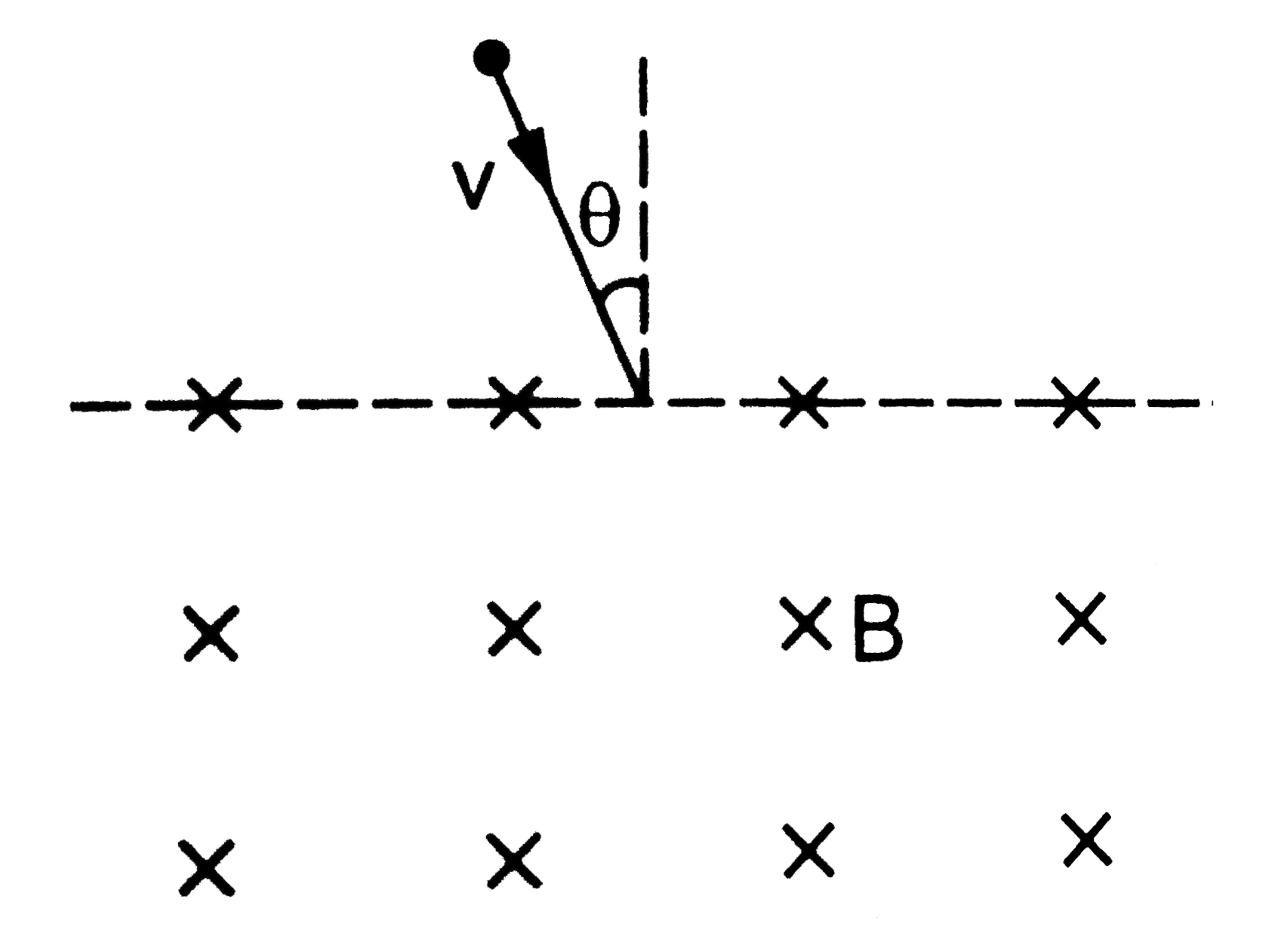Prolonged liberal irrigation of agricultural fields is likely to create the problem of
acidity
aridity
salinity
metal toxicity
The correct Answer is:3
Step-by-Step Solution:
1. Understanding the Question: The question asks about the consequences of prolonged liberal irrigation in agricultural fields. We need to identify the problem that arises from excessive watering.
2. Defining Prolonged Liberal Irrigation: Prolonged liberal irrigation refers to the excessive and continuous application of water to agricultural fields. This practice is intended to meet the water needs of crops but can lead to unintended consequences.
3. Identifying the Consequence: One of the main problems associated with prolonged liberal irrigation is the increase in salt concentration in the soil, a phenomenon known as salinity.
4. Understanding Salinity: Salinity is the accumulation of soluble salts in the soil. When irrigation water evaporates, it leaves behind salts, which can accumulate over time, especially if there is insufficient drainage.
5. Effects of Salinity on Plants: High salinity levels in the soil can hinder the ability of plants to absorb water. This is because the osmotic pressure created by the salts makes it more difficult for plants to take up water, leading to reduced growth rates and potentially harming the plants.
6. Evaluating the Options: The question likely provides multiple-choice options. We need to evaluate each option:
- Acidity: Incorrect, as prolonged irrigation does not primarily lead to acidity.
- Aridity: Incorrect, as aridity refers to a lack of moisture, which contradicts the concept of liberal irrigation.
- Salinity: Correct, as prolonged irrigation leads to increased salt concentration in the soil.
- Metal Toxicity: Incorrect, as this is not a direct consequence of liberal irrigation.
7. Conclusion: The correct answer to the question is that prolonged liberal irrigation of agricultural fields is likely to create the problem of salinity.
Final Answer:
Prolonged liberal irrigation of agricultural fields is likely to create the problem of salinity.
---
- Acidity: Incorrect, as prolonged irrigation does not primarily lead to acidity.
- Aridity: Incorrect, as aridity refers to a lack of moisture, which contradicts the concept of liberal irrigation.
- Salinity: Correct, as prolonged irrigation leads to increased salt concentration in the soil.
- Metal Toxicity: Incorrect, as this is not a direct consequence of liberal irrigation.
Prolonged liberal irrigation of agricultural fields is likely to create the problem of salinity.
Topper's Solved these Questions
Similar Questions
Knowledge Check
Cyanobacteria are used in agricultural fields for crop improvement because they cause 1.N 2 fixation 2.algal blooms 3.photosynthesis 4.all of these
AN2 fixationBalgal bloomsCphotosynthesisDall of theseWithout irrigation, development of agriculture is difficult in India:
AIncrease in demand of food and cash crops.BUse of high yielding seeds.CCrops like rice and sugarcane need more water.DIndia receives rainfall throughout the year.
What is the principle underlying the use of cyanobacteria in agricultural fields for crop improvement ?
View SolutionWhat would be the energy of the magnetic field of the coil of the previous problem, if its core were of a nonferromagnetic material? What is the source of oxcess energy in the case of a ferromagnetic core?
View SolutionA particle of mass m and positive charge q, moving with a uniform velocity v, enters a magnetic field B as shown in (a) Find The radius of the circular arc it describes in the magnetic field. (b) find the angle subtended by the arc at the center. (c ) How long does the particle stay inside the magnetic field? (d) Solve the three parts of the above problem if the charge q on the particle is negative.

View SolutionA particle of mass ma and charge q is released from rest in a uniform filed of magnitude E. the uniform field is created between two parallel plates of charge densities +σ and −σ, respectively. The particle accelerates toward the other plate a distance d apart. Determine the speed at which it stirkes the opposite plate.

View SolutionA problem with slash and burnt method of agriculture is that it requires :
View SolutionMany secondary metabolites of plants have medicinal properties. It is their misuse that creates problems. Justify the statement with an example.
View Solution
